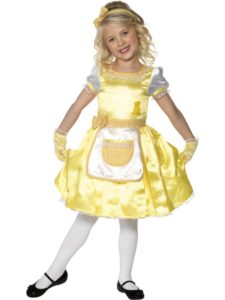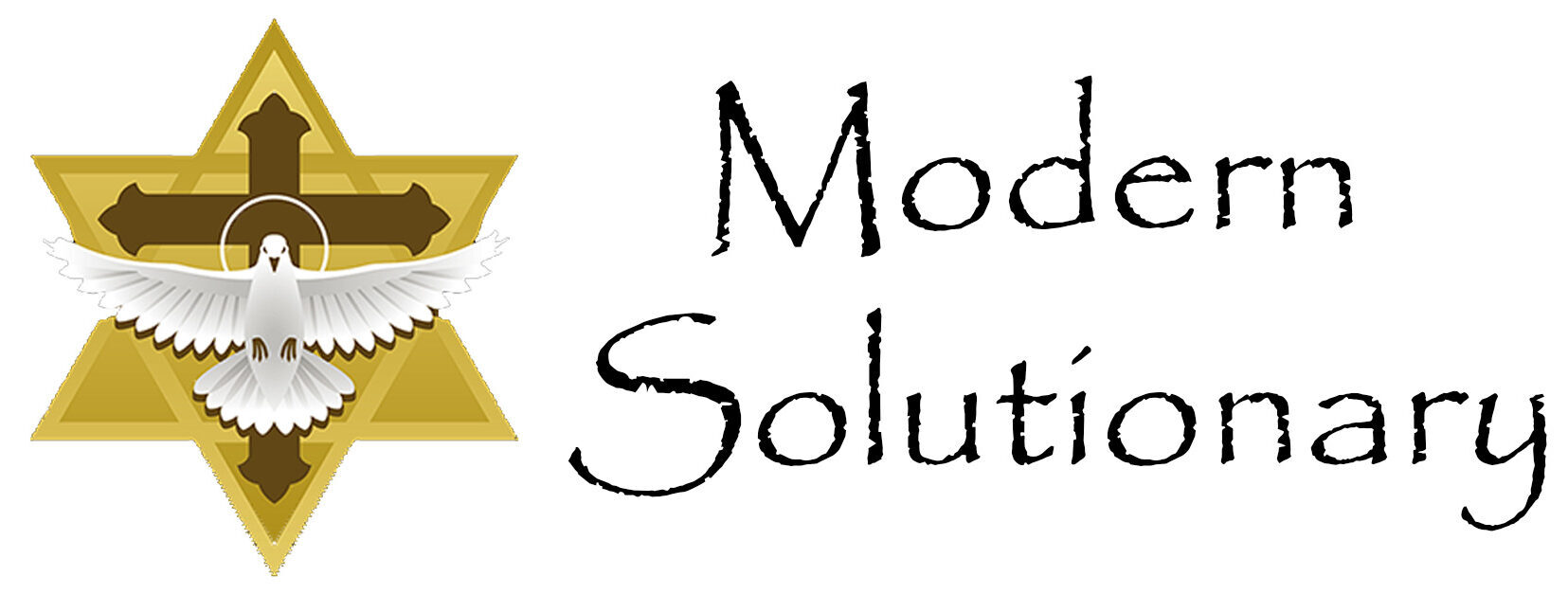Which child living among us, regardless of their age, has not heard the story “Goldilocks and the Three Bears”? This story was first recorded in narrative form by British writer and poet Robert Southey and was first published anonymously as “The Story of the Three Bears” in 1837. It was a time when society still valued right over wrong. Parents looked for every opportunity to teach their children that poor moral character always came at a price.
Are these still important values, today and beyond?
 The final rendition brings to life a little blonde-haired girl named appropriately Goldilocks who goes for a walk in the forest and happens upon a house that she decides to explore, though uninvited to do so. Upon entry she finds, to her delight, three bowls of warm porridge. Being a little hungry she tastes the first one, but it is too salty. The next is too sweet, but the third one is “just right” so she eats the entire serving. With her belly full, Goldilocks continues to look around the house and finds that there are three different size chairs. They each look comfortably inviting so she decides to try all of them out. Sitting in the first one, she is notices that it is too high for her liking. The second one is too low. Surprisingly, the third one was “just right”; that is until it breaks under her weight. Jumping to her feet, perturbed that she could not enjoy the comfort of the chair, she persists in wandering through the rest of the home. Soon she discovers three beds and wastes no time in trying each of them out. The first bed she jumps on is too hard, the next too soft but the third is…you guessed it, is “just right”. Being tired from filling her tummy with the yummy porridge and the romp around the house; she curls up and quickly falls asleep.
The final rendition brings to life a little blonde-haired girl named appropriately Goldilocks who goes for a walk in the forest and happens upon a house that she decides to explore, though uninvited to do so. Upon entry she finds, to her delight, three bowls of warm porridge. Being a little hungry she tastes the first one, but it is too salty. The next is too sweet, but the third one is “just right” so she eats the entire serving. With her belly full, Goldilocks continues to look around the house and finds that there are three different size chairs. They each look comfortably inviting so she decides to try all of them out. Sitting in the first one, she is notices that it is too high for her liking. The second one is too low. Surprisingly, the third one was “just right”; that is until it breaks under her weight. Jumping to her feet, perturbed that she could not enjoy the comfort of the chair, she persists in wandering through the rest of the home. Soon she discovers three beds and wastes no time in trying each of them out. The first bed she jumps on is too hard, the next too soft but the third is…you guessed it, is “just right”. Being tired from filling her tummy with the yummy porridge and the romp around the house; she curls up and quickly falls asleep.
Of course, the entire world does not revolve around little Miss Goldilocks, so as it would happen, the homeowners arrived; a family of three bears; Papa, Mama, and little baby bear. Once they enter their home, they quickly discover that their world has been intruded upon and vandalized. It doesn’t take them long to find the culprit. As they stand around the bed, Goldilocks awakes with a fright; jumping from the bed she runs as fast as she can.
As with all children’s fairy tales of that era, the story was meant to capture the child’s imagination while also cloaking important lessons for them and the adults reading the parable. These lessons could, would and should prove to be very useful guidance in our everyday lives. This story is no exception; as a matter of fact, it goes even further by encompassing the essence of Power of the Wisdom of Three. The trinity of bears accentuates the power of human creation; male, female and offspring; the strength of family when dealing with unexpected hardships or ethical dilemmas. The three choices and the situations they represent tell the eternal truths found in the laws of Power of the Wisdom of Three.
When we read the story of Goldilocks today, is it perceived as a modern lesson to our children, of an example of how not to behave?
Do we as adults, still realize exactly why this should be the case?
 Did you know that the golden-haired child was the depiction of our innocence; representing the persona that all people are created to be ethical?
Did you know that the golden-haired child was the depiction of our innocence; representing the persona that all people are created to be ethical?
Did you catch the role reversal of having the home of bears vandalized instead of the other way around? Bears are notorious for breaking into cabins if there is food left lying around.
The forest symbolizes the dark, scary and scandalous places that we can be lured into intentionally visiting; even if we are innocent by nature our vices can mislead us into making dangerous errors of judgments. As demonstrated by the act of trespassing, Goldilocks succumbs to selfishness; the one human flaw at the root of every impropriety, crime or unjust act that we commit.
Throughout the story, the author does a great job of emphasizing the power that the number three has in our ability to make choices. Like in our own lives, when a single selfish unethical decision is made, we are then presented with multiple consequences; each of which requires another choice. These consequences permit us the opportunity to either make better choices or, as we see by following the path of Goldilocks, to dig our self-deeper into our own selfish pit of additional bad outcomes. With every ethical decision that we face, we are given three solutions to choose from: the right one, the wrong one and an acceptable concession. Many times, in our lives we settle for the solution that we feel is “just right” solely because it is what we selfishly desire at that moment. Rarely, in those circumstances, do we consider how that choice will affect the other individuals impacted by the decision. Children need this understanding and guidance so that they can learn that their feelings are not the basis for good ethical decisions; the impact of our behavior on others matter more.
As we examine the three situations the author places in front of Goldilocks; the porridge, the chairs and the bed, each depicts one of the three forms of selfishness that we all have to try to control.
By eating all of the porridge Goldilocks is self-indulgent.
The chair, in 1837 England, was symbolic of a throne of authority; a status which the young child did not possess led the girl toward an attitude of self-importance.
Finally, her ability to sleep while intruding upon the space and belongings of others as well as her attitude toward each act of vandalism as “just right” proves she has issues with uncontrolled desires.
Well, I hope that you learned a little history about this one hundred and eighty year old story. Is this still a cute story of a little girl and some playful bears or is it a treasure of long forgotten lessons of decision making, values and ethical behavior?
You each have to determine that for yourself and for your children.
If this is my last post, I want all to know there was only one purpose for all that I have written; to have made a positive difference in the lives of others.
Anthony “Tony” Boquet, the author of “The Bloodline of Wisdom, The Awakening of a Modern Solutionary”
